The Pokémon Go Terms of Service, as published by developer Niantic Labs, include a restrictive forced arbitration clause that both takes away the user’s right to file a lawsuit against Niantic, but also bars the user from joining others in any sort of class action against the company.

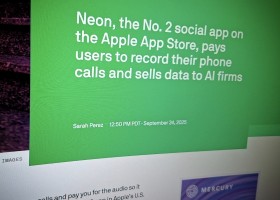
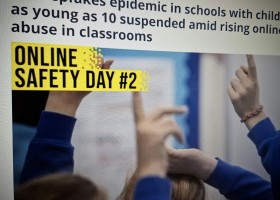

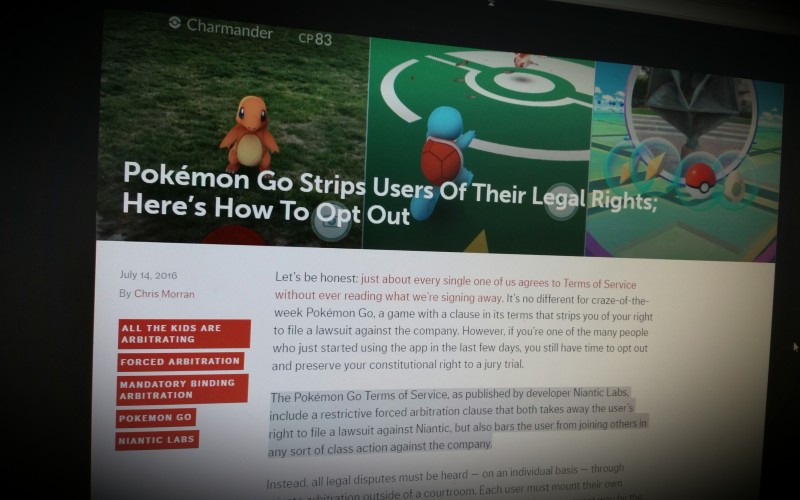
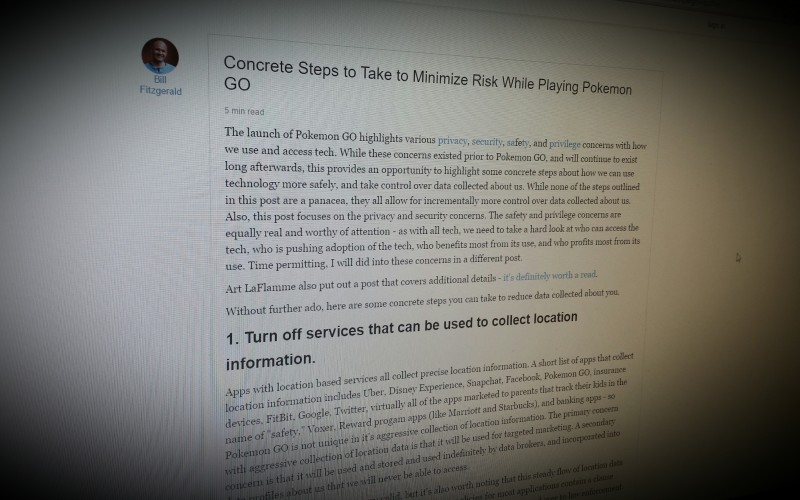
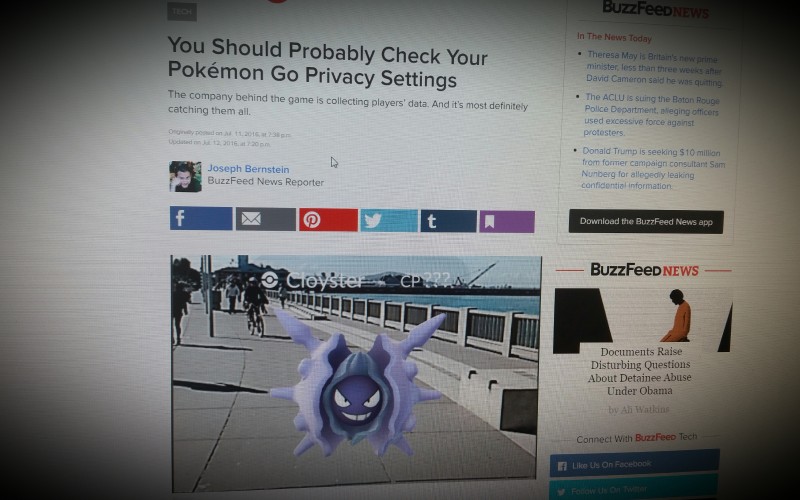
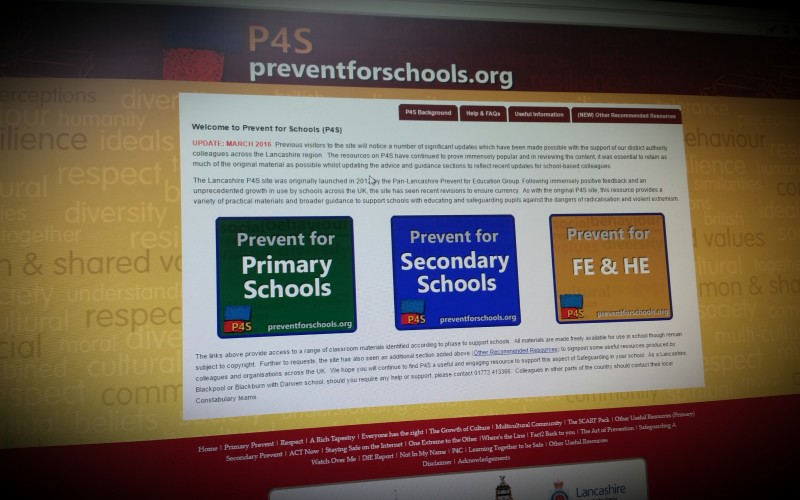
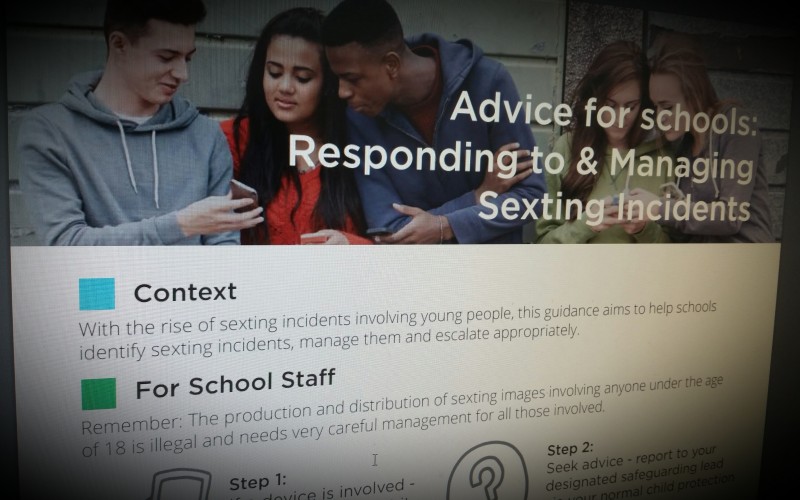
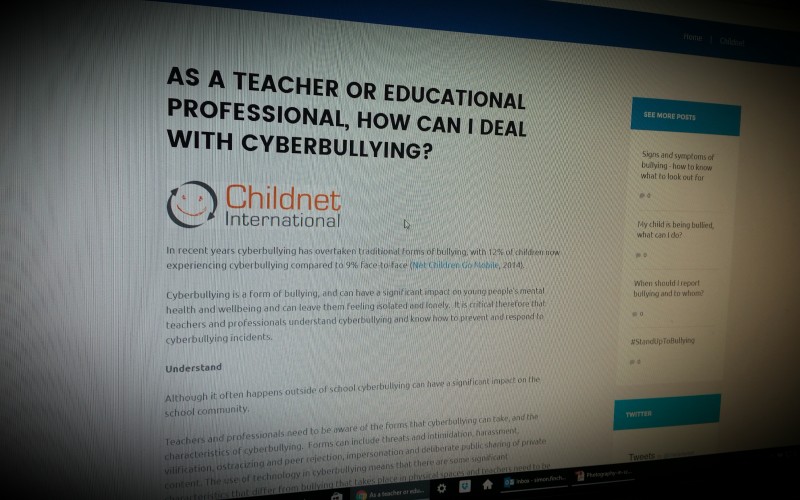
Comments
make a comment